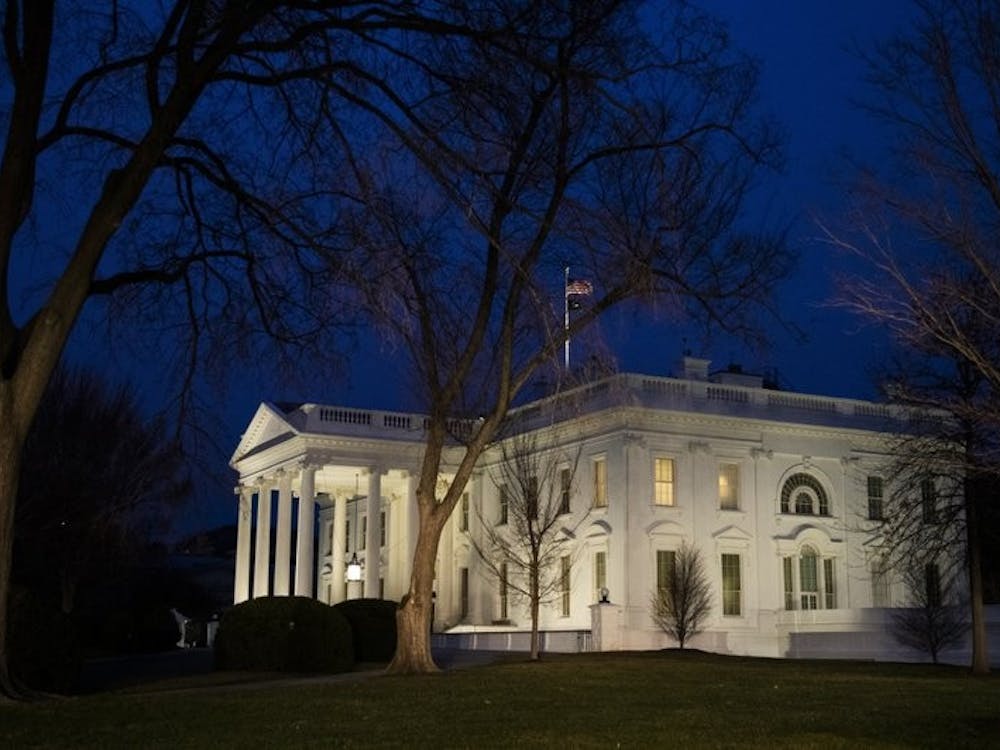In the age of social media, using Twitter, Facebook and Tumblr as well as maintaining a discreet and professional identity is becoming increasingly more important.
Recently, Indiana University announced to its students that it would prefer they be discreet when using social media to avoid embarrassment to the university and themselves.
Although the suggestion is not a policy, Ryan Piurek, vice president of public affairs at IU, said to WIBC in July that the idea of a policy continues to create a stir in conversations.
Ball State has had a social media policy in place since its approval in November 2009. The policy outlines the proper usage of social media throughout the Ball State community.
Tony Proudfoot, associate vice president of Marketing and Communications at Ball State, said the policy basically states that faculty, staff and students must follow online behavior as they would in any other physical situation.
"This is a brave new world. It's kind of the Wild Wild West out there and particularly when you're in an environment like ours, you have people that just want to do the right thing," Proudfoot said. "The intention of the social media policy is to simply provide some rather specific direct guidance to individual personal use and also institutional use of social media."
Although there aren't specific instances used as examples to represent why such policies were put in place to begin with, Proudfoot sees the policy as an Internet policy version of student code.
"When it comes to the social media policy for students, any behaviors that would concern the university are covered by policies in the student code," he said. "If a student was harassing another student, harassing a faculty member, somebody in the university community, that's addressed specifically in the student code."
Proudfoot also said the university policy on social media makes sure students, faculty and staff are not misusing certain sites such as Facebook or Twitter, which mistakenly happens all the time.
"I would bet that most Facebook users don't realize that [the] Facebook policy is that you may only have one Facebook identity," he said.
Some may think that punishment for certain use of social media could be a violation of freedom of speech, but Proudfoot said there is a distinct difference between expression and violation.
"We're not limiting speech, we're not limiting faculty and staff expression online. We're simply making it very clear that the guidelines and regulations and laws that we have in the physical world apply online," he said.
While social media misuse is a slippery slope that has yet to be mapped out in black and white, it is something many universities around the country are working hard to understand and prevent from happening.
"I think the bigger idea is that social media is kind of a new thing and universities are each trying to understand the best way to approach that for their own certain specific situation," Proudfoot said.




